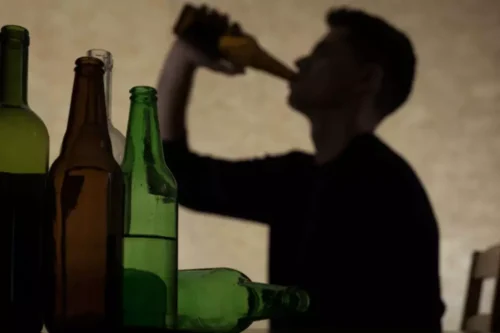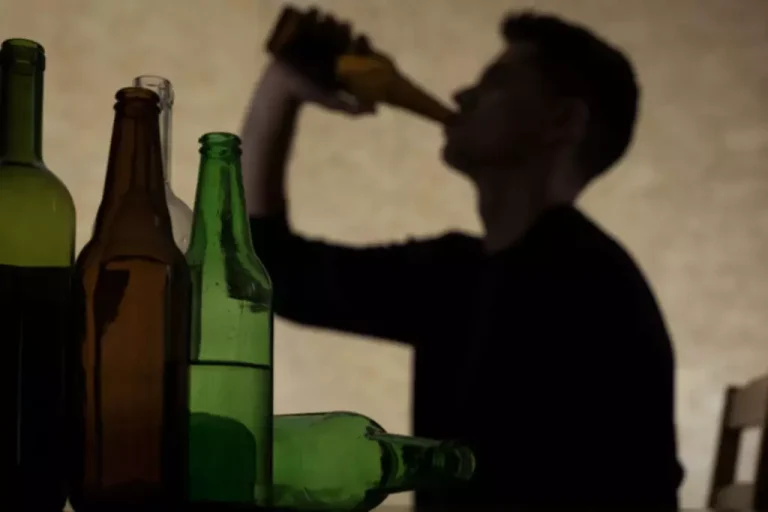
Below, we’ll cover why you can’t sleep after drinking alcohol and how you can use the RISE app to fall and stay asleep more easily, even when you have a drink. For the treatment of either disorder to be effective, both insomnia and substance abuse should be addressed together. Someone in recovery from alcohol use may experience setbacks because of sleep-related withdrawal symptoms. Establishing good sleeping habits, also known as sleep hygiene, is an essential first step in good sleep.
What If I Wake Up in the Middle of the Night After Drinking?
- You can take it for days in a row, just take it before bed, lay down, and you should have an easier time drifting off.
- And it doesn’t take long to notice the difference — 80% of RISE users get more sleep within five days.
- And make sure you’re staying hydrated by drinking plenty of water during the day.
- You’ll find that you naturally become more tired and feel more ready for bed shortly before bedtime, if it’s the same time each night.
- The body’s temperature regulation, which was disrupted by alcohol use, starts to normalize, leading to more comfortable sleep.
It’s important to remember that the journey to better sleep is not always linear, and patience and persistence are key. While the timeline described above how to sleep without alcohol represents a general pattern of sleep improvement after quitting alcohol, it’s important to recognize that individual experiences can vary significantly. Several factors can influence how quickly and to what extent sleep improves after giving up alcohol.
Treating Co-Occurring Insomnia and Alcohol Addiction
Lack of consistency in a sleep schedule or overall sleep deprivation is also very common, and can persist even into later stages of recovery, beyond the initial withdrawal period. Another research study by Conroy and Arnedt on the effects of alcohol and sleep, reports that an important disruption of alcohol on sleep physiology is the reduction of melatonin production. It’s worth noting that the long-term benefits of quitting alcohol extend beyond just improved sleep. Many individuals experience better physical health, improved mental clarity, and a greater sense of emotional well-being. These positive changes often reinforce the decision to maintain sobriety, creating a virtuous cycle of health and wellness.
- While the timeline described above represents a general pattern of sleep improvement after quitting alcohol, it’s important to recognize that individual experiences can vary significantly.
- Contact us to learn more about alcohol addiction treatment programs that can work well for your needs in recovery.
How to Prevent Neck Pain While Sleeping
And while alcohol’s sedative effect can help you fall asleep faster, sleep and alcohol do not mix. Consuming alcohol before bed affects how much deep sleep and REM sleep you get— so consuming too much can have a serious effect on how restorative your sleep is. If you’re struggling to sleep, there are a few things you can do to try and break the cycle of drinking to falling asleep. Now that we’ve discussed some of the dangers of alcohol addiction before bed let’s take a closer look at how it can affect your sleep. This is because the alcohol prevents you from entering into the deep, restful stage of sleep. You may wake up feeling tired and unrested, which can lead to drinking more alcohol in an attempt to fall asleep again.

Treatment & Rehab

Two key aspects of sleep hygiene are establishing a bedtime routine and creating a sleep-friendly environment. After several months of sobriety, many individuals experience a full restoration of their natural sleep-wake cycle. The body’s circadian rhythm becomes well-established, making it easier to fall asleep and wake up at consistent times. This regularity in sleep patterns contributes significantly to overall sleep quality and daytime functioning. Furthermore, alcohol’s influence extends beyond a single night’s rest.

The body’s internal clock, which regulates the sleep-wake cycle, becomes more synchronized without the disruptive influence of alcohol. As the body continues to adjust to life without alcohol, more noticeable improvements in sleep quality begin to emerge. One of the most significant changes during this period is the reduction in night sweats and vivid dreams.

- In large part, the misunderstanding with alcohol and sleep stems from the fact that alcohol can make people feel drowsy or relaxed enough to fall asleep.
- A sleep specialist, also known as a sleep doctor or sleep medicine physician, is a healthcare professional who specializes in diagnosing and treating sleep disorders.
- Someone in recovery from alcohol use may experience setbacks because of sleep-related withdrawal symptoms.
- Progressive muscle relaxation helps release physical tension – start with your toes, tense each muscle group for 5 seconds, then release for 30 seconds.
- Whether you are struggling with addiction, mental health or both, our expert team is here to guide you every step of the way.
It’s important to identify and address the root causes of sleep issues for sustained improvement in sleep quality. In fact, having a drink before bed might actually have a negative impact on the marijuana addiction quantity and quality of your sleep. If you can’t sleep without alcohol, I’m here to help you make impactful and positive changes in your life.
